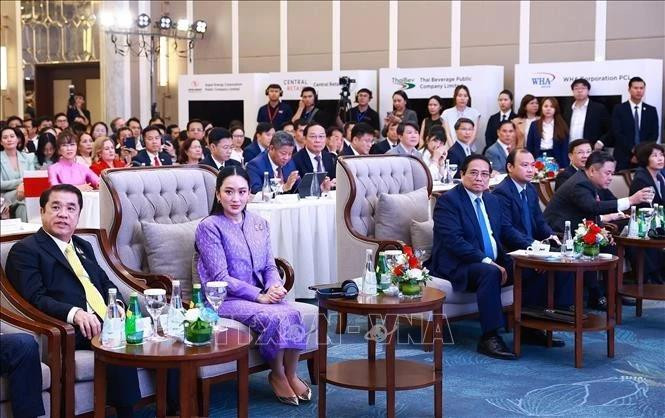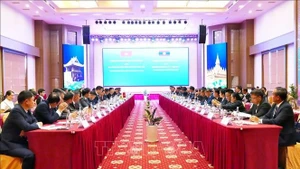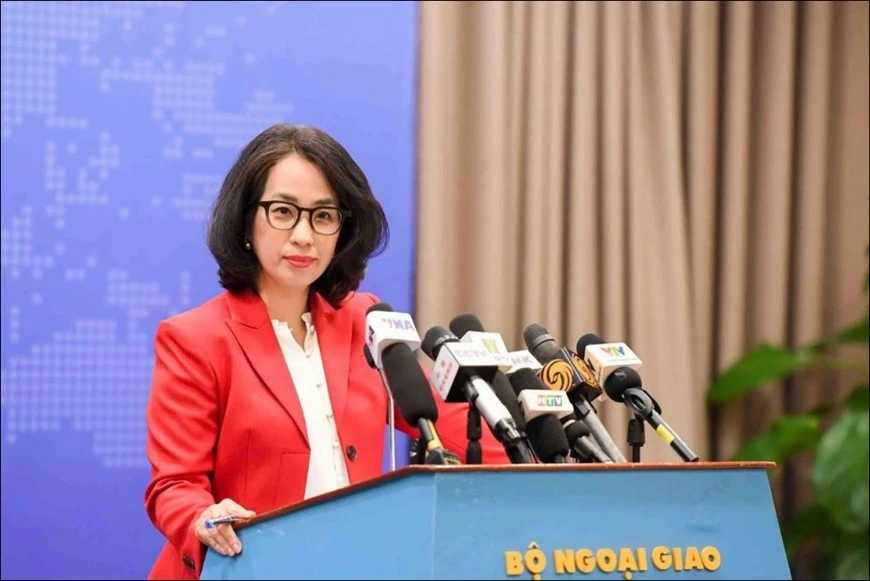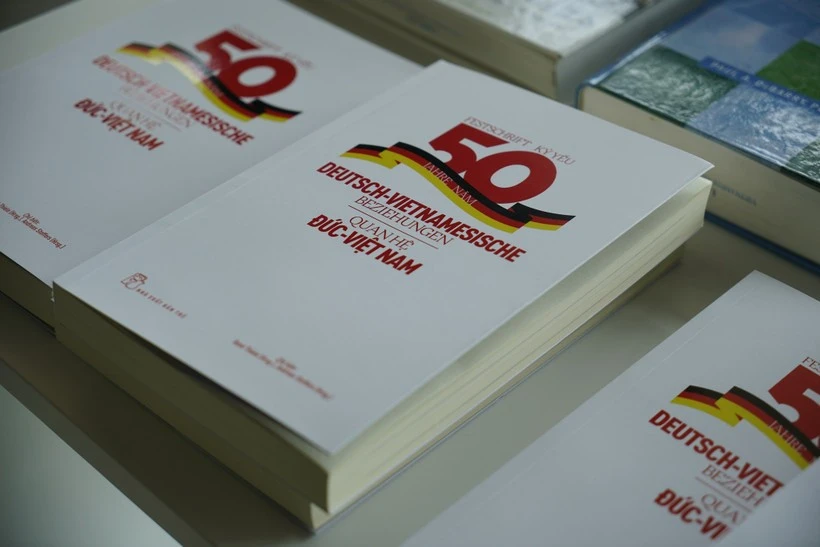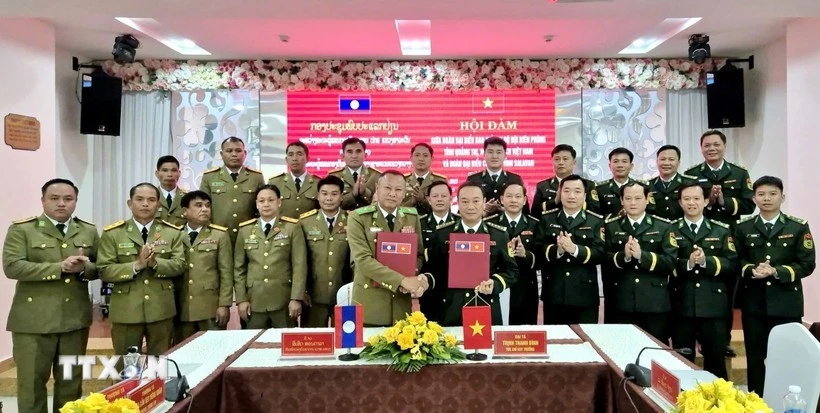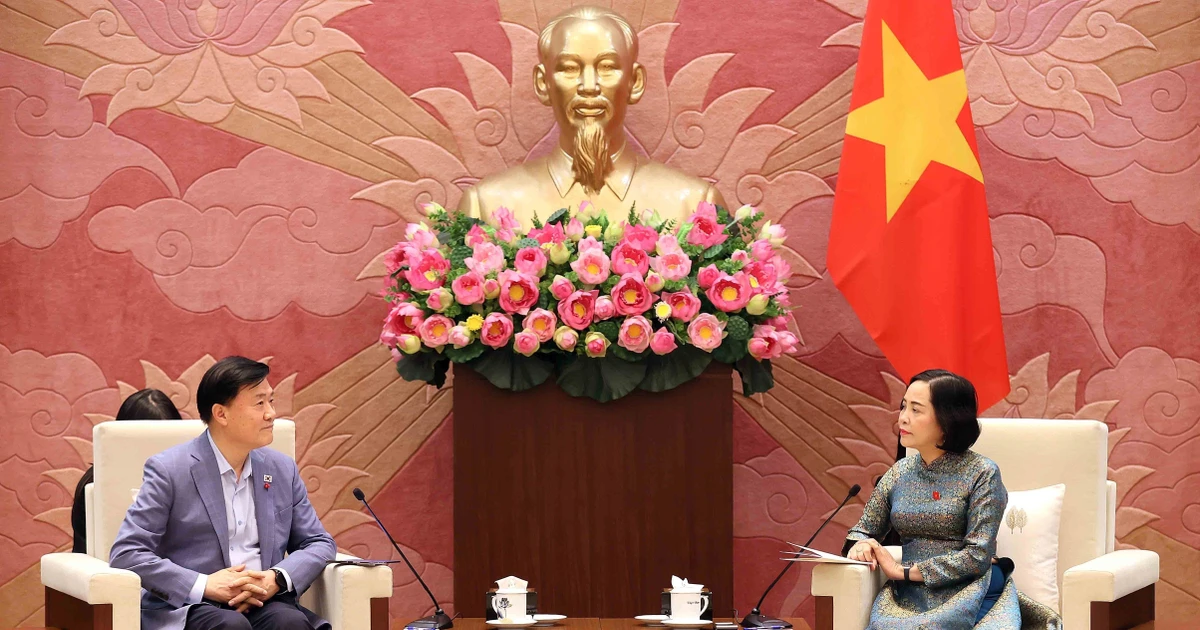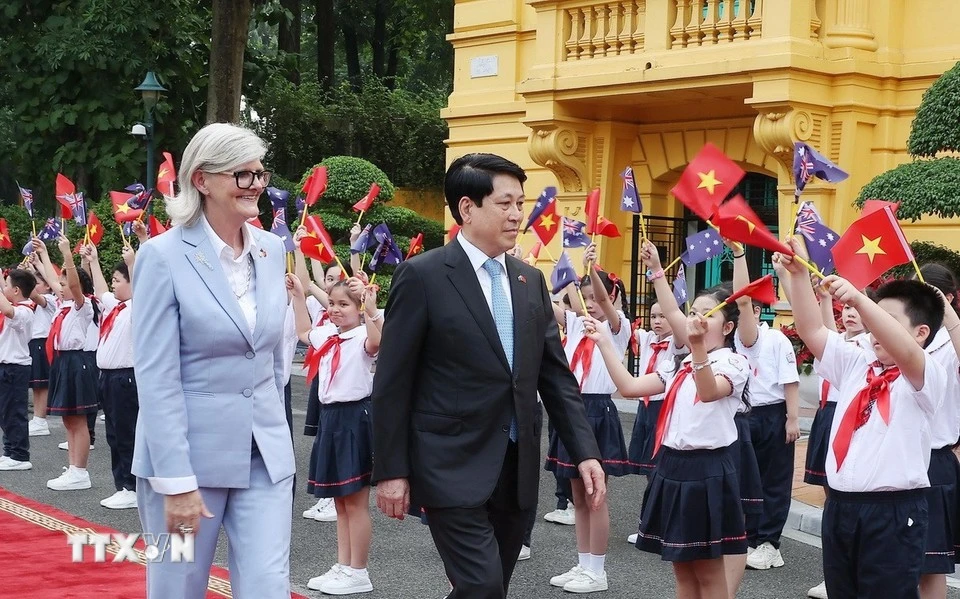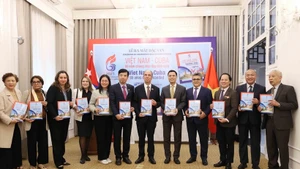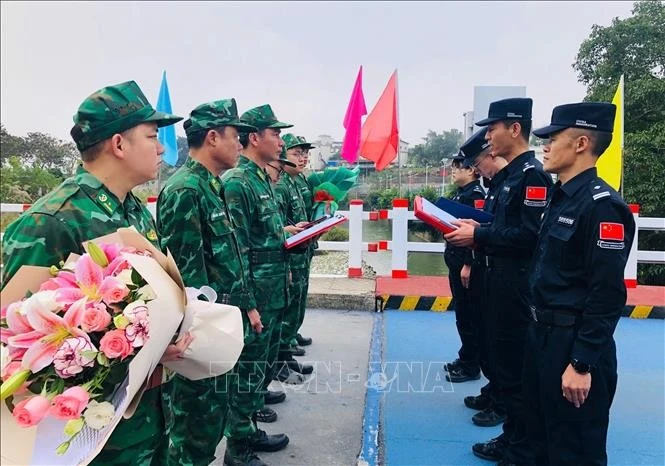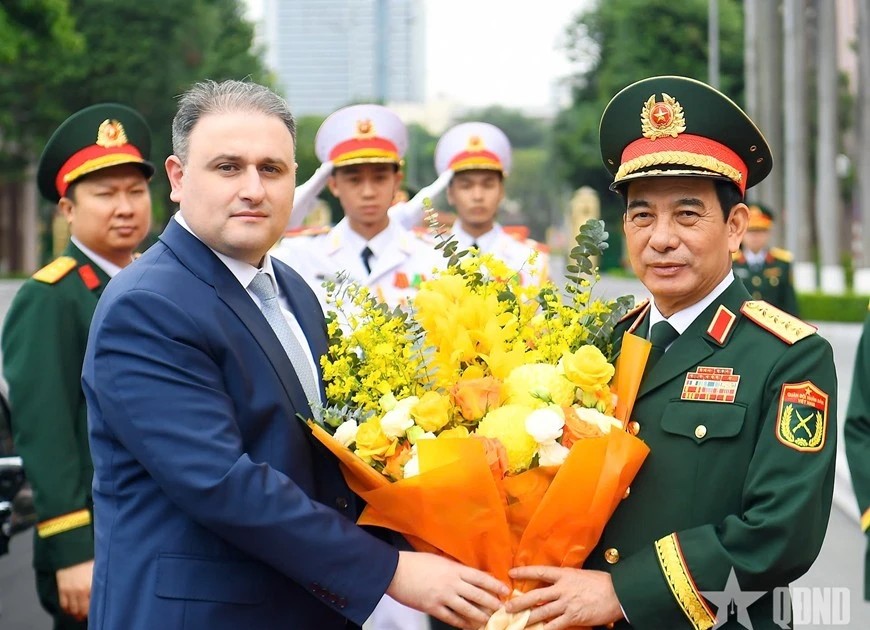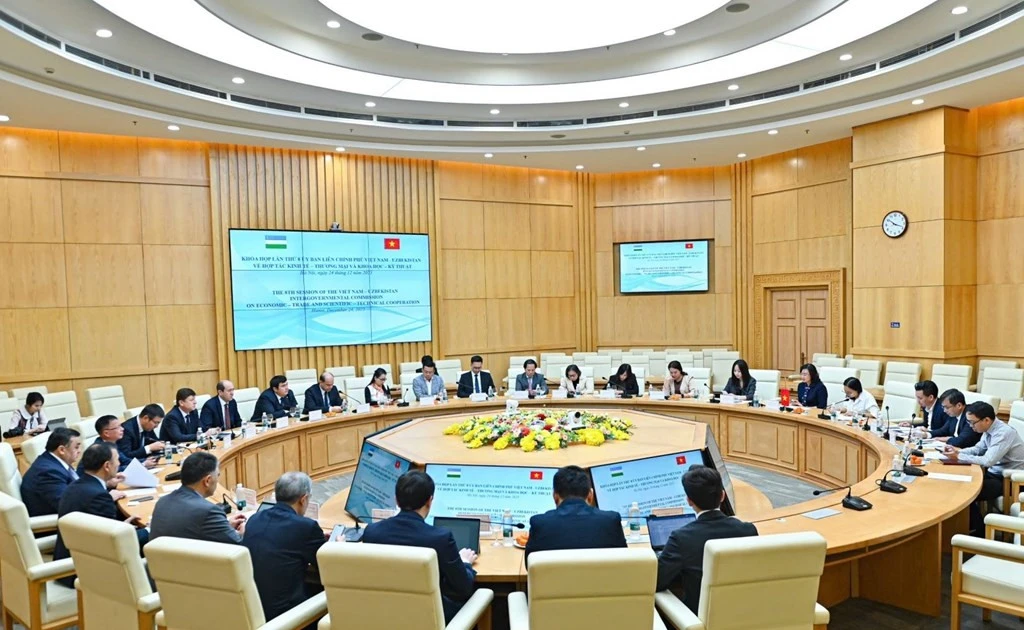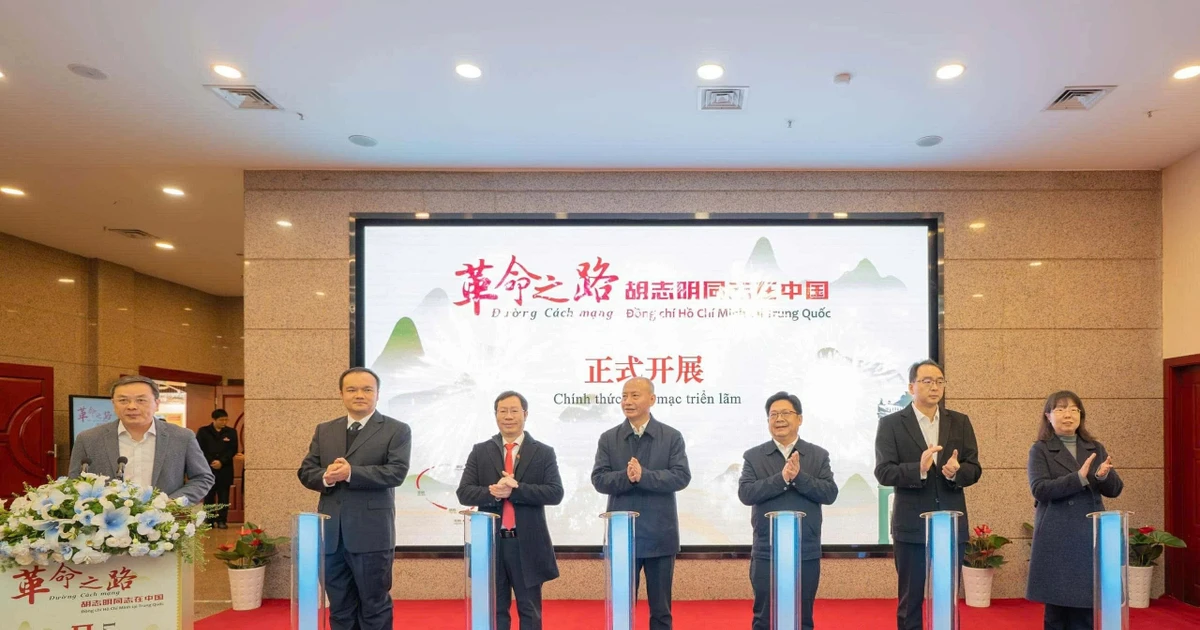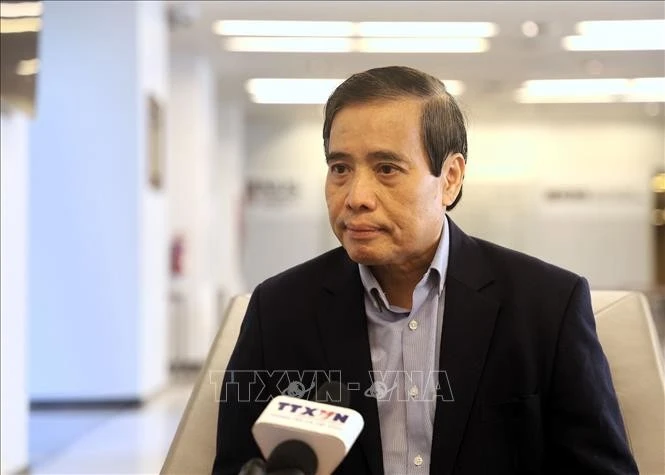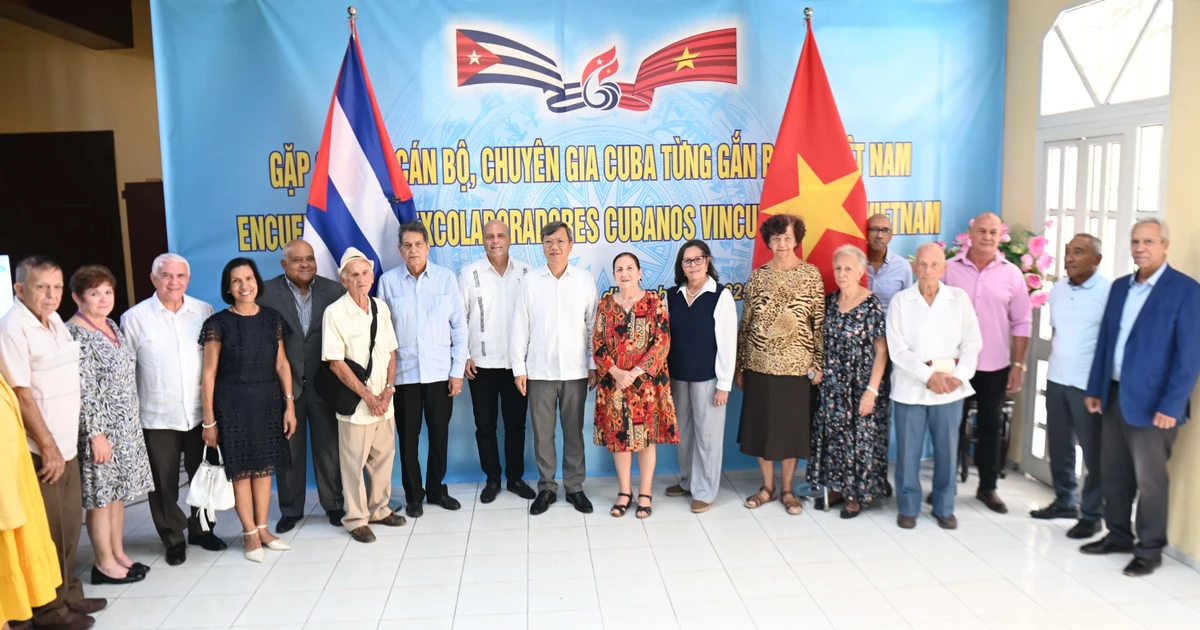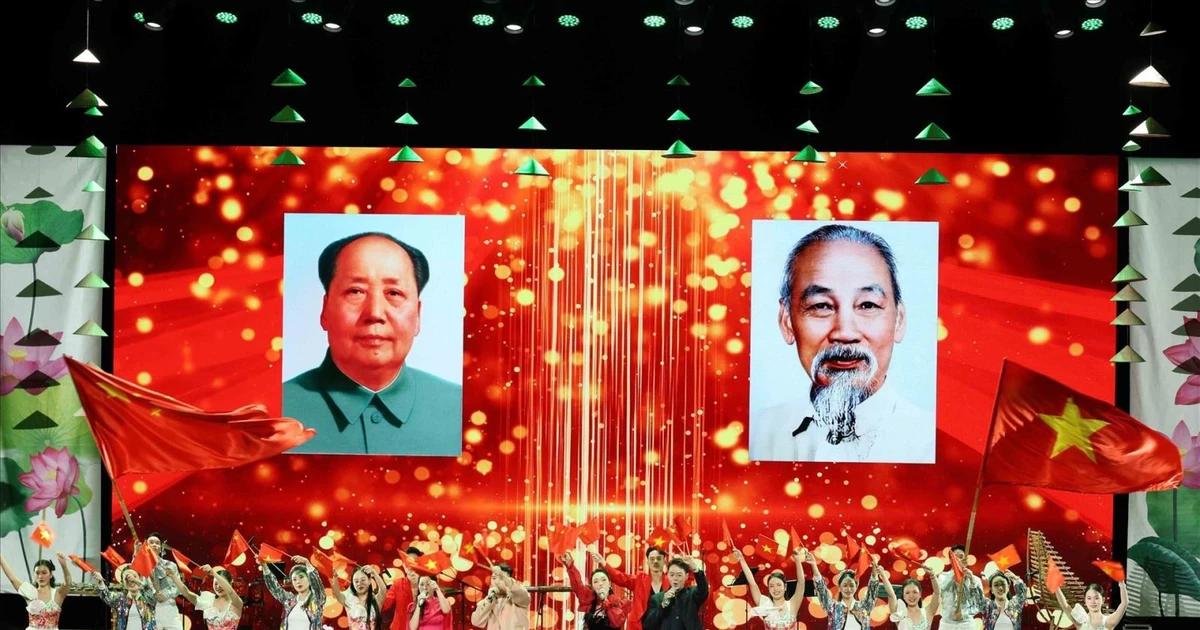Speaking at the Viet Nam-Thailand Business Forum, themed “One plus one on three connects,” PM Chinh stressed that Thailand is the only country to have a joint Cabinet meeting mechanism with Viet Nam, initiated in 2004.
Thailand was also among the first ASEAN countries to establish a Strategic Partnership with Viet Nam in 2013, he continued.
During PM Paetongtarn’s visit, the two countries have upgraded their relationship to a Comprehensive Strategic Partnership.
PM Chinh held that given the current complex, unpredictable, and uncertain situation, with many issues that no single country can resolve alone, Viet Nam, Thailand, and ASEAN countries must strengthen unity, embrace diversity, and enhance cooperation.
“While the two countries have already collaborated well, they must now work even better and more effectively, and deliver more tangible results,” the leader said.
Briefing the Thai leader on Viet Nam’s situation, PM Chinh noted that Viet Nam aims for a GDP growth rate of at least 8% in 2025 and strives to achieve double-digit growth during the 2026–2030 period.
He also highlighted Viet Nam’s determination to streamline its organisational apparatus; re-organise administrative units; further improve its investment and business environment; achieve breakthroughs in science and technology development, innovation, and national digital transformation; promote the private sector as the most important driver of the national economy; accelerate international integration; and ensure seamless infrastructure connectivity between provinces and regions, as well as national and international connections.
The leader thanked Thai businesses for their practical and effective contributions to Viet Nam’s development and the friendly relations between the two countries.
He affirmed that Viet Nam is actively addressing obstacles faced by Thai enterprises related to taxes, electricity, digital payments, administrative procedures, and capital access.
The PM urged Thai businesses to continue trusting and staying committed to Viet Nam throughout its development process, and to make more contributions to prosperity of both nations as well as the Viet Nam-Thailand Comprehensive Strategic Partnership.
The Vietnamese government guarantees the legitimate and lawful rights and interests of investors, ensuring political stability, social order and safety, along with robust institutions, mechanisms, and policies to attract investment, he stated.
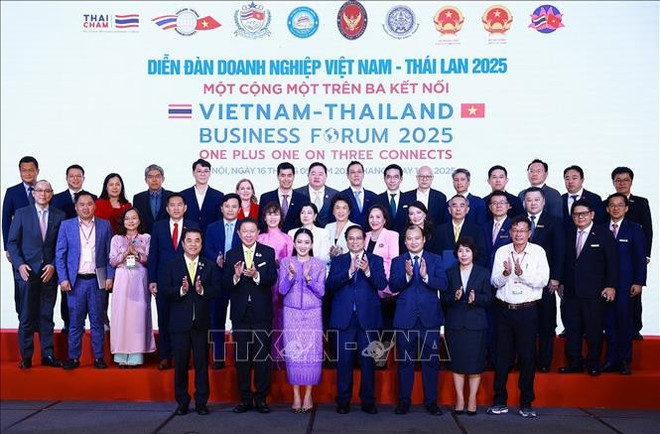 |
| Vietnamese Prime Minister Pham Minh Chinh (front row, fourth from right), Thai Prime Minister Paetongtarn Shinawatra (front row, third from left), and other delegates at the forum. (Photo: VNA) |
In her remarks, PM Paetongtarn emphasised that Viet Nam and Thailand need to deepen cooperation to respond to global economic and political instability.
The establishment of the Comprehensive Strategic Partnership between the two countries marks a new era in their relationship, focusing on promoting economic value chains and maximising the strengths, potential, and advantages of each side, she said.
Thailand and Viet Nam are the largest economies in the Greater Mekong Subregion and serve as key drivers of ASEAN’s economic growth, she said.
The two economies are closely interconnected, with many businesses participating in the same value chains. Over 50% of Thailand-Viet Nam trade consists of importing and exporting raw materials and components that support manufacturing industries serving both domestic consumption and exports.
Therefore, the leader said, the economic growth of one country presents opportunities for the other.
Noting that the two governments have agreed to promote economic cooperation under the “Three Connections” strategy, PM Paetongtarn stressed the need to connect supply chains in mutually beneficial industries such as petrochemicals, food, electronics components, and logistics.
She also highlighted the importance of developing human resources in future industries like AI and semiconductors.
Through cooperation among more than 20 partner cities, opportunities for local entrepreneurs in trade, investment, and tourism will be expanded, the leader said.
Expressing delight at the prospect of new air routes opening between Viet Nam and provinces in Northeastern Thailand, the Thai PM noted that this will be the first international flight from an airport in Northeastern Thailand, which is expected to boost people-to-people exchanges and tourism between the two countries.
The leader emphasised sustainable development connectivity as a key pillar, and stated that the two countries will foster cooperation in renewable energy and digital economic transformation.
She said the Comprehensive Strategic Partnership goes beyond government ties to include partnerships between their private sectors. Notably, the private sectors of both countries are the most important partners in driving concrete cooperation, meeting mutual needs, and advancing the partnership in a practical direction.
Thailand is currently Viet Nam’s largest trading partner within ASEAN, with bilateral trade reaching over 20 billion USD in 2024. Thai investors have launched 767 projects in Viet Nam, totaling nearly 15 billion USD in registered capital, ranking 9th among 150 countries and territories.
Meanwhile, Viet Nam has invested in 22 projects in Thailand with a total capital of nearly 35 million USD.
Participants believed that there remains significant room and potential for further economic, trade, and investment cooperation between the two countries.
Also at the forum, businesses from both countries exchanged cooperation documents.
Viet Nam’s FPT Corporation and Thailand’s Sunline Technology signed a Memorandum of Understanding on a strategic partnership in digital banking.
Viet Nam Rubber Group and Thailand’s Amata Group reached an MoU on the development of the Dong Nai Industrial Park.
Under another agreement inked on this occasion, Vietjet and Boeing will transfer 50 Boeing 737 aircraft to Vietjet Thailand.
